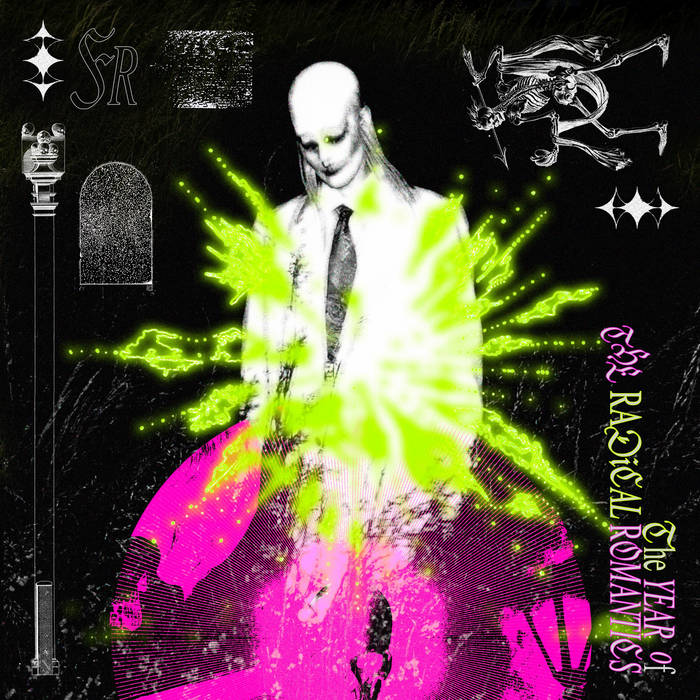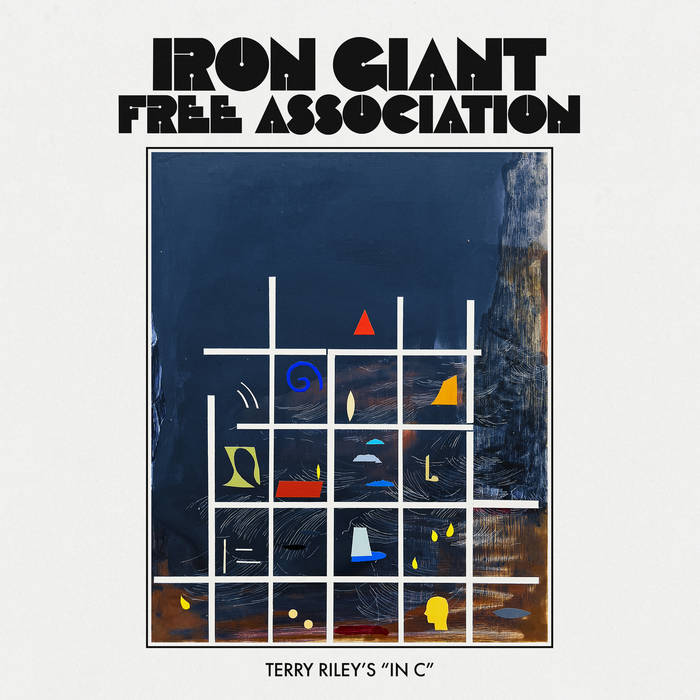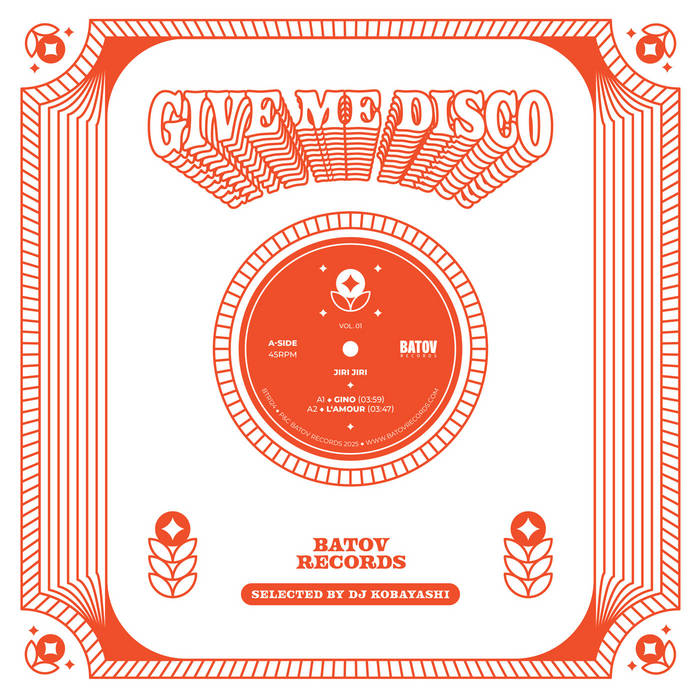
Fever Ray "The Year Of The Radical Romantics"
Fever Ray announces their new live album, The Year Of The Radical Romantics, out July 25th, and the accompanying The Year Of The Radical Romantics publication available for pre-order now. In conjunction with today’s announcement, Fever Ray presents the new single/video, “Now’s The Only Time I Know (Therapy Session).”
The Year Of The Radical Romantics is a document of the juicy, throbbing missives used to woo crowds from Sydney to Seattle on the globe-trotting There’s No Place I’d Rather Be Tour in support of 2023’s lauded Radical Romantics. The new album consists of live-to-tape studio versions of tracks from Radical Romantics in addition to highlights from 2017’s Plunge and massive new iterations of early classics performed by the musicians who accompanied Dreijer on tour — Minna Koivisto on keyboards; Romarna Campbell on drums; Maryam Nikandish and Helena Gutarra on keytars and vocals.
Radical Romantics’ riotous, world-building videos introduced an unforgettable cast of characters. Accompanying Fever Ray (aka the white-suited Casanova) are wannabe-womanizer Romance, clockwatcher Main, witchy Snusis, and axe-wielding bombshell Demona Lisa. The Year Of The Radical Romantics offers a culmination of these character’s arcs with a pair of videos directed by longtime longtime Fever Ray creative visionary Martin Falck. The visuals find the misfits navigating group therapy sessions led by therapist Ebba. These sessions are soundtracked by blistering versions of fan favorites from Fever Ray’s beloved self-titled 2009 debut album: “I’m Not Done (Therapy Session)” and today’s single, “Now’s the Only Time I Know (Therapy Session).”

Iron Giant "Terry Riley’s In C"
The debut album from Birmingham-based music collective Iron Giant Free Association is the culmination of their decade-long relationship with Terry Riley’s 1964 minimalist masterwork, In C. What began as an interest in large-scale multi-instrumentation evolved into years of experimentation and collaboration with Riley’s revolutionary piece.
On stage, they gradually began incorporating elements of improvisation, fixed arranging, and rhythmic/ harmonic manipulation until eventually the piece took on a distinct character-something uniquely their own. In the studio (i.e., their own homes) they would meticulously document this over the course of a year. Hypnotic percussion, swells of synthesizers, mutated AM/FM radios, and punchy bass all emerge in a reimagining of In C unlike any before it.
credits

Jiri Jiri "Give Me Disco Vol. 1"
Mysterious disco outfit Jiri Jiri deliver an essential EP — four tracks of sublime, summery European cool hand-picked by Batov Records boss DJ Kobayashi for the label’s brand new and carefully curated ‘Give Me Disco’ 12” series, named after Raja Zahr’s disco classic.
Springing from the ranks of global grooves ensemble Muito Kaballa and psychedelic travellers YĪN YĪN, Jiri Jiri have honed their musical chops and crafted four Neapolitan funk and pan-European disco jams as hot as the Adriatic coastline.
The ‘Give Me Disco – Vol. 1’ EP marks the beginning of two exciting new ventures — the emergence of Jiri Jiri, and inspired by their need for a home, the launch of Batov Records’ ‘Give Me Disco’ 12” series.

Sister "Two Birds"
Sister.’s sophomore album Two Birds showcases a band pushing toward a fresh and cathartic communal vision. The story of the NYC indie band (Ceci Sturman, Hannah Pruzinsky (h. pruz), James Chrisman)’s development is a testament to the deep, almost unfathomably close personal and artistic bond between lead singers Sturman and Pruzinsky over the course of a decade. As the two songwriters began to explore their own relationship in their work, they embarked down a path of total, mutual honesty, writing crystalline indie-folk songs exploring the rare beauty of profound and close friendship, as well as its pitfalls. Two Birds is produced by Chrisman and co produced by Sturman, Pruzinsky, and Felix Walworth (Told Slant, Florist). The project, now expanded into a mature, fully formed quartet—pushes definitively into unexplored emotional and musical terrain.
Here, Sister. have accomplished a rare feat, turning in a collection of songs full of windswept space, patient arcs, and cathartic moments of release, in which new interactions within the music reveal themselves with repeated listening. It is an inventive, devastating, and confident statement, exploring relationships that drift apart before folding back into each other, embodying togetherness and apartness in both its lyrics and musical forms.